Ah, the purrks of being a cat person - the headbutts, the meows, the occasional hairball. But let's be honest, the litter box can be a real cat-tastrophe. It's like a furmidable opponent in the battle against bad smells. Cats' urine and feces can smell strong due to their high protein diet, the concentration of waste products, and the presence of bacteria in their digestive system. If you're haunted by the stubborn odor, you may check these out.
1. Sign of Illness
In most cases, strong odor from cat waste is normal and can be managed with proper litter box hygiene and diet. However, if you notice a sudden change in the smell of your cat's waste, it could be a sign of an underlying health issue, such as a urinary tract infection or gastrointestinal problems. If you're concerned, it's a good idea to take your cat to the vet for a check-up to rule out any health problems.
2. Scoop Litter Boxes Daily
Reduce litter box smells by cleaning it twice a day (at least once per day, preferably twice) with clumping litter that is low-dust. Too many deposits can make cats pee and poo outside the box. Test automatic scooping boxes before ridding of old litter boxes.

3. Wash the Boxes Thoroughly
Scooping your cat's litter box at least once a day can make it easier to clean and maintain. Once a month, empty the litter and scrub the box thoroughly with soap and water (wearing gloves for protection). Avoid using harsh cleaners with bleach or chemicals that could cause your cat to avoid their box. Dry the box completely before adding fresh litter. This step is often overlooked, but it's pivotal for controlling litter box odor. Use non-scented soap and water to clean the box, and avoid harsh chemicals with strong smells that can deter your cat. Make sure to dry the box before adding fresh litter.
4. Replace Your Boxes Regularly
Over time, scratches in litter boxes from your cat's frequent clawing can harbor bacteria and create unpleasant odors. It's recommended to replace litter boxes at least once a year. When choosing a litter box, consider the length of your cat from nose to tail and ensure that at least one side is low for easy access, especially for older cats or those with arthritis.
5. Add Another Well-Sized Box
Having enough litter boxes is crucial for preventing your cat from avoiding the box altogether. For multiple cats, the number of boxes should be one more than the number of cats you have. Boxes that are too small can also cause problems, with less space for your cat to move around and bury waste. Make sure to get a box with low sides for easy access.

6. Ventilate
Placing litter boxes in small, confined spaces away from livable areas may seem like a good idea, but it can actually concentrate odors and create a stinky, unpleasant environment. Your cat may also avoid the area, leading to messes outside the box. Instead, place the boxes in well-ventilated areas that aren't drafty. While covered boxes may seem like a good idea, they can also create a concentrated stink zone and your cat may not be thrilled about using them. Experiment with different types of boxes to find what your cat prefers.

7. Baking Soda
If you're struggling with litter box odor, try sprinkling a small amount of baking soda on the bottom of the litter box each week before adding fresh litter, or place an open box of baking soda near the litter box. Baking soda can help absorb odors without adding irritants that could upset your cat's sensitive nose and lungs.
Conclusion
Incorporating these tips can help you manage and control litter box odor, making it easier to enjoy all the other joys of being a cat person. Don't forget to switch out your litter boxes regularly, or else you'll be living in a stink bomb. And if you notice a sudden change in odor, take your cat to the vet to rule out any health issues. With a little effort and attention, you can conquer the litter box challenge and enjoy the many purrks of being a cat person.










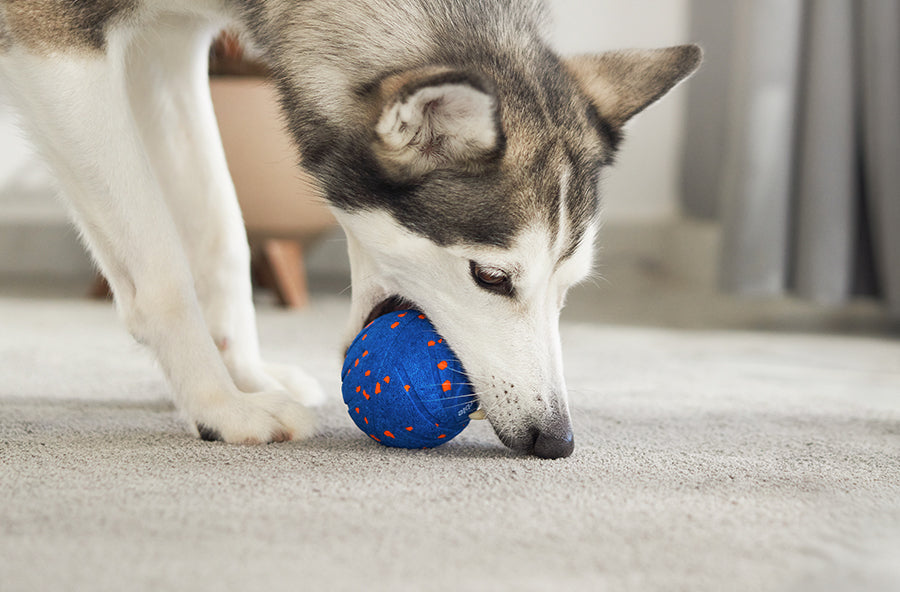



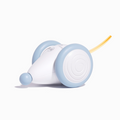
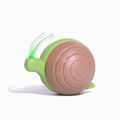



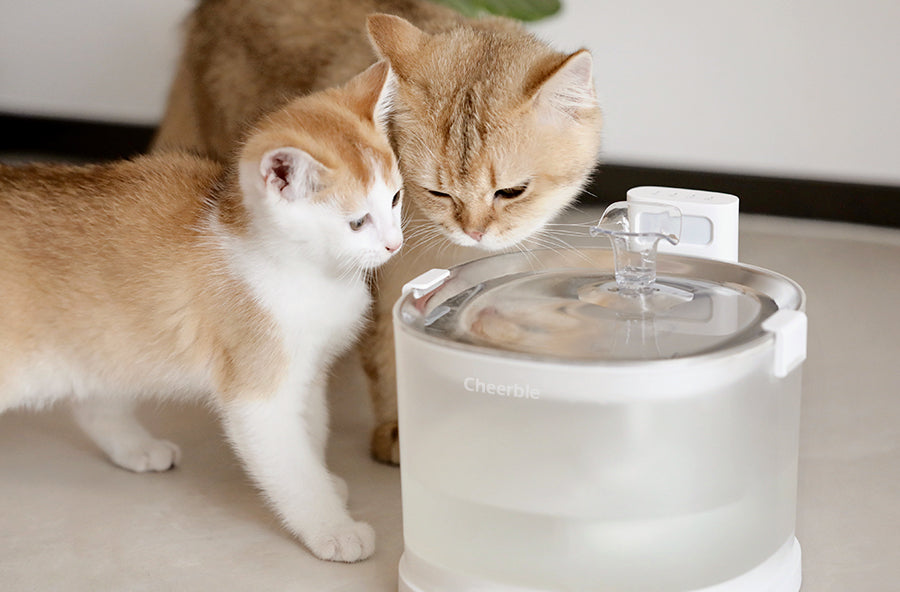
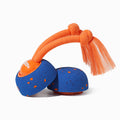






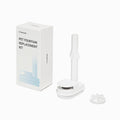

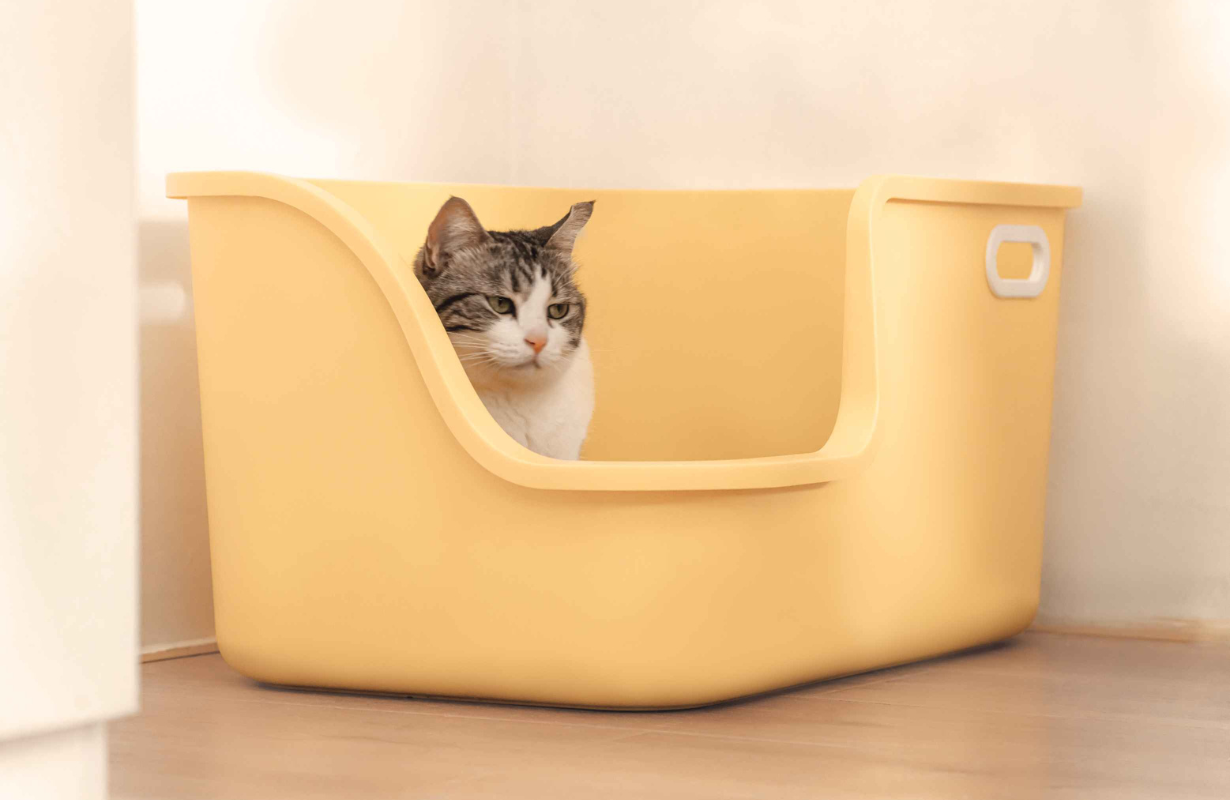
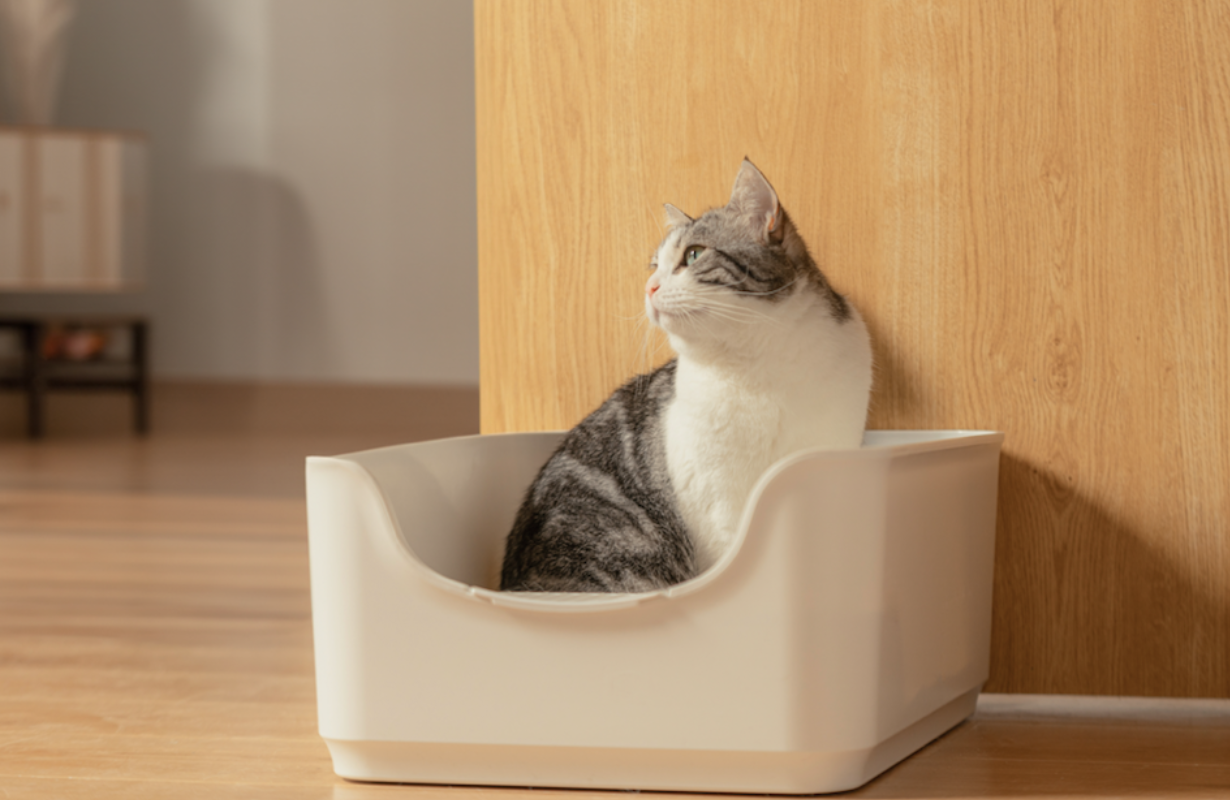
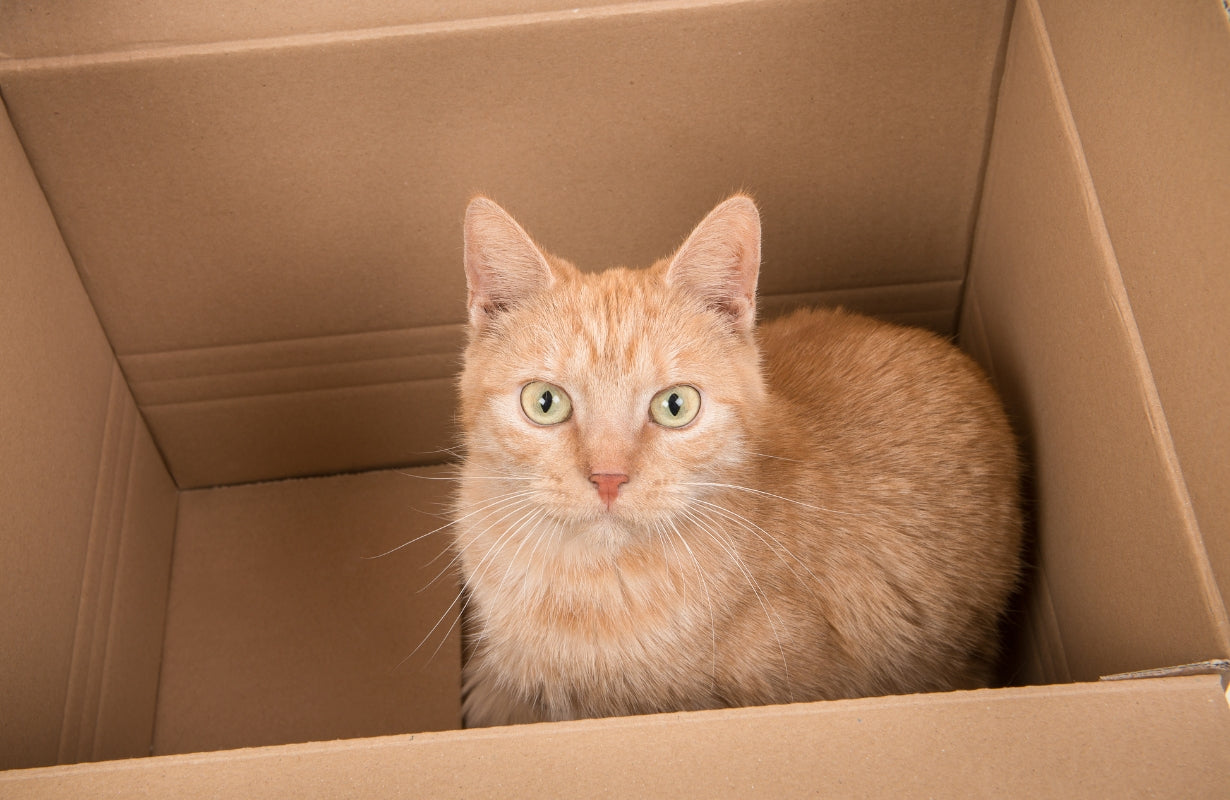

Leave a comment
All comments are moderated before being published.
This site is protected by hCaptcha and the hCaptcha Privacy Policy and Terms of Service apply.